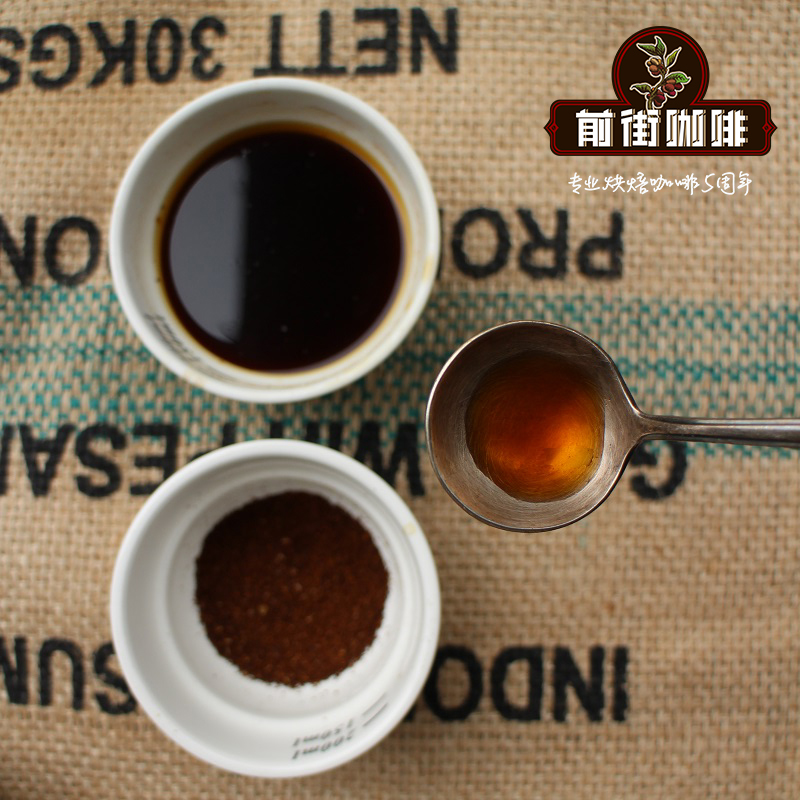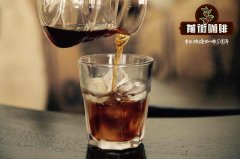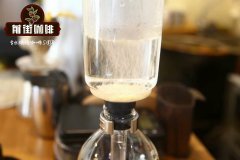How do you drink Kenya AA washed Nieri coffee beans? are all Kenyan coffee beans grapefruit flavor?

Professional coffee knowledge exchange more coffee bean information please follow the coffee workshop (Wechat official account cafe_style)
Kenya Coffee introduction:-Kenya boutique coffee beans wash Nieli Dorman Kenya Kiandu AA TOP
Country: Kenya
Product name: Duomen Keando AA TOP, Kenya
Production area: Nyeri
Grade: TOP
Particle size: AA
Altitude: 1450-1650 m
Treatment: washing
Variety: SL 28, SL 34
Kiandu is one of the washing plants in the Mushika Agricultural Cooperative (Mutheka). The other six, including Kigwandi,Kihuyo, Kiandu,Kaiguri,Chorongi and Muthuaini and Kamuyu, are located on the west side of Mount Mount Kenya in Nieri, Kenya, and on the east side of the Abadale Mountains Mountains, collecting raw coffee beans from four villages of Mutoiga, Chekuruini and Karurumo and Karaaini.
Kenyan coffee flavor description: floral, BlackBerry, citrus, vanilla, caramel sweet, grape, tea
Muthuaini AA's unique flavor and excellent quality are carefully selected after many cups have been tested. This coffee is purchased directly from the producers, giving farmers a reasonable fee. The treatment plant has systematic quality control in terms of hierarchy and procedures to meet moral and environmental standards.
The Muthuaini processing plant is a member of the Mutheka cooperative in Nyeri in central Kenya. Nyeri is next to the well-known Kirinyaga. Each small farmer has about 100coffee trees and roughly estimates about 170kg of coffee cherries.
Nyeri has small to medium-sized farmland, and if there is no processing equipment, it will be sent to the cooperative for follow-up treatment. Most coffee is grown in the shade of Gravelia and Muringa Alloevella trees. They are free to choose washing plants at harvest time. Due to the traditional auction system, there is a considerable relationship between quality and price. High-quality processing plants will attract more farmers and repay them at relatively high prices.
END
Important Notice :
前街咖啡 FrontStreet Coffee has moved to new addredd:
FrontStreet Coffee Address: 315,Donghua East Road,GuangZhou
Tel:020 38364473
- Prev

Kenya berry Camilla washed coffee tastes good? introduction to the flavor characteristics of washed Kenyan coffee beans
Professional coffee knowledge exchange more coffee bean information please follow the coffee workshop (Wechat official account cafe_style) Kenya Coffee-Mugan Goo processing Plant Berry Camilla Coffee beans introduction: Mukangu factory and eight other washing stations Ragati,Nguguini,Kiangai,Kibingoti,Thunguri,Kianjege, Chewa and Kibirigwi constitute Kibir
- Next

Information introduction of Kenya Nieli Luguoya processing Plant _ characteristics of Kenya Luguoya Coffee Bean
Professional coffee knowledge exchange more coffee bean information please follow the coffee workshop (Wechat official account cafe_style) Kenya Coffee-Nieli Luo Sub-processing Plant washed AA boutique coffee beans Kenya Nyeri County Ruthaka Ruarai AA Washed Lusaka AA Origin: Kenya kenya production area: Neri Nyeri processing Station: Ruarai Factory producer:
Related
- Detailed explanation of Jadeite planting Land in Panamanian Jadeite Manor introduction to the grading system of Jadeite competitive bidding, Red bid, Green bid and Rose Summer
- Story of Coffee planting in Brenka region of Costa Rica Stonehenge Manor anaerobic heavy honey treatment of flavor mouth
- What's on the barrel of Blue Mountain Coffee beans?
- Can American coffee also pull flowers? How to use hot American style to pull out a good-looking pattern?
- Can you make a cold extract with coffee beans? What is the right proportion for cold-extracted coffee formula?
- Indonesian PWN Gold Mandrine Coffee Origin Features Flavor How to Chong? Mandolin coffee is American.
- A brief introduction to the flavor characteristics of Brazilian yellow bourbon coffee beans
- What is the effect of different water quality on the flavor of cold-extracted coffee? What kind of water is best for brewing coffee?
- Why do you think of Rose Summer whenever you mention Panamanian coffee?
- Introduction to the characteristics of authentic blue mountain coffee bean producing areas? What is the CIB Coffee Authority in Jamaica?

